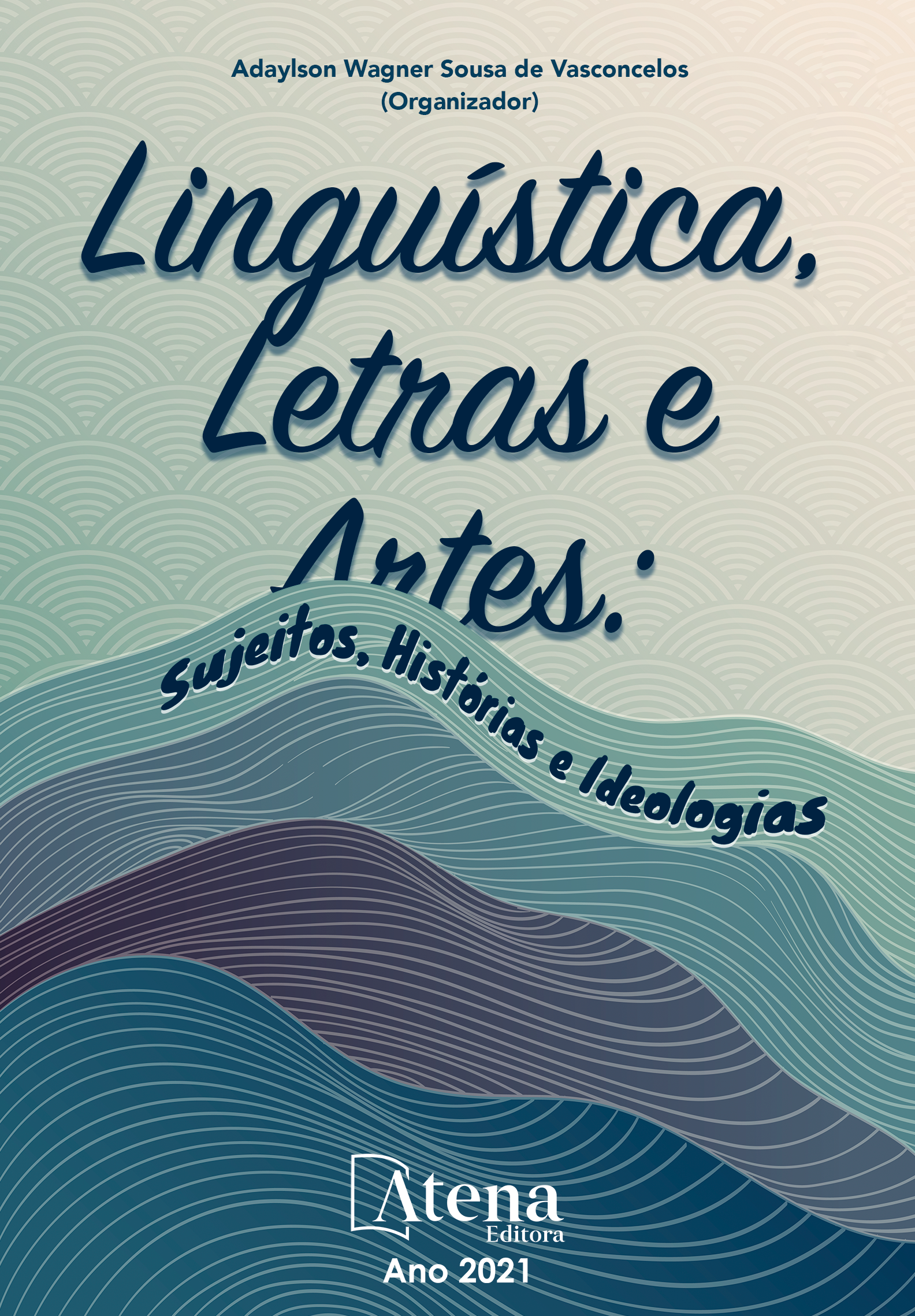
LITERATURA DIGITAL NA SALA DE AULA DE PORTUGUÊS: IMPLICAÇÕES NA PRODUÇÃO E NA RECEPÇÃO DOS GÊNEROS DIGITAIS
Este artigo apresenta o uso da literatura digital na produção e na recepção de textos, em uma proposta de inclusão das TDIC’s (Tecnologias Digitais de Informação e Comunicação) no processo de ensino aprendizagem das literaturas da Língua Portuguesa. Atrela-se a este, a princípio o fortalecimento das competências linguísticas na prática pedagógica diária, na exploração das peculiaridades dos gêneros como a interatividade e a coautoria, voltados às sequências didáticas pautadas em pressupostos presentes nos debates sobre os multiletramentos. Para isto, utilizou-se como referencial SPALDING (2012), DOLZ e SCHNEUWLY (2014),NETO(2013), entre outros. E observou-se que no interior da capacidade associativa do hipertexto encontra-se um vasto potencial sociodiscursivo presente nas mais variadas linguagens contidas e advindas do meio digital, colaborando de maneira significativa para o ensino-aprendizagem dos alunos. Já que no campo da linguística aplicada crítica, visa-se, o recurso de novas possibilidades como ferramentas úteis que possam contribuir para a efetiva produção e recepção dos recursos no ciberespaço. Estas reflexões sobre este processo de ensino inovador, ainda se ressente diante das áreas equidistantes que pela posição geográfica e situação social, ainda não dispõem de acesso suficiente à internet o que inviabiliza seu posicionamento ou manuseio dos gêneros digitais e concomitantemente, a efetiva prática docente.
LITERATURA DIGITAL NA SALA DE AULA DE PORTUGUÊS: IMPLICAÇÕES NA PRODUÇÃO E NA RECEPÇÃO DOS GÊNEROS DIGITAIS
-
DOI: 10.22533/at.ed.33621060514
-
Palavras-chave: TDIC, ensino-aprendizagem de língua portuguesa; literatura digital; capacitação docente.
-
Keywords: TDIC, teaching and learning of the Portuguese language; digital literature; teacher training.
-
Abstract:
This article presents the use of digital literature in the production and reception of texts, in a proposal to include TDIC’s (Digital Technologies of Information and Communication) in the process of teaching the learning of Portuguese language literature. It is linked to this, at first, the strengthening of language skills in daily pedagogical practice, in the exploration of the peculiarities of genres such as interactivity and co-authorship, focused on the didactic sequences based on assumptions present in the debates on the multi-tools. For this, it was used as a reference SPALDING (2012), DOLZ and SCHNEUWLY (2014), NETO (2013), among others. And it was observed that within the associative capacity of hypertext there is a vast sociodiscursive potential present in the most varied languages contained and arising from the digital environment, collaborating significantly in the teaching-learning of students. Since in the field of critical applied linguistics, the aim is to use new possibilities as useful tools that can contribute to the effective production and reception of resources in cyberspace. These reflections on this innovative teaching process, still suffer in the face of equidistant areas that due to their geographical position and social situation, do not yet have sufficient access to the internet, which makes their positioning or handling of digital genres unfeasible and, concomitantly, effective teaching practice.
-
Número de páginas: 12
- Darley Cristina Santos Ribeiro
- Louise Bogéa Ribeiro
- Cristiane Dominiqui Vieira Burlamaqui
- MALU ELMA GOMES DIAS


